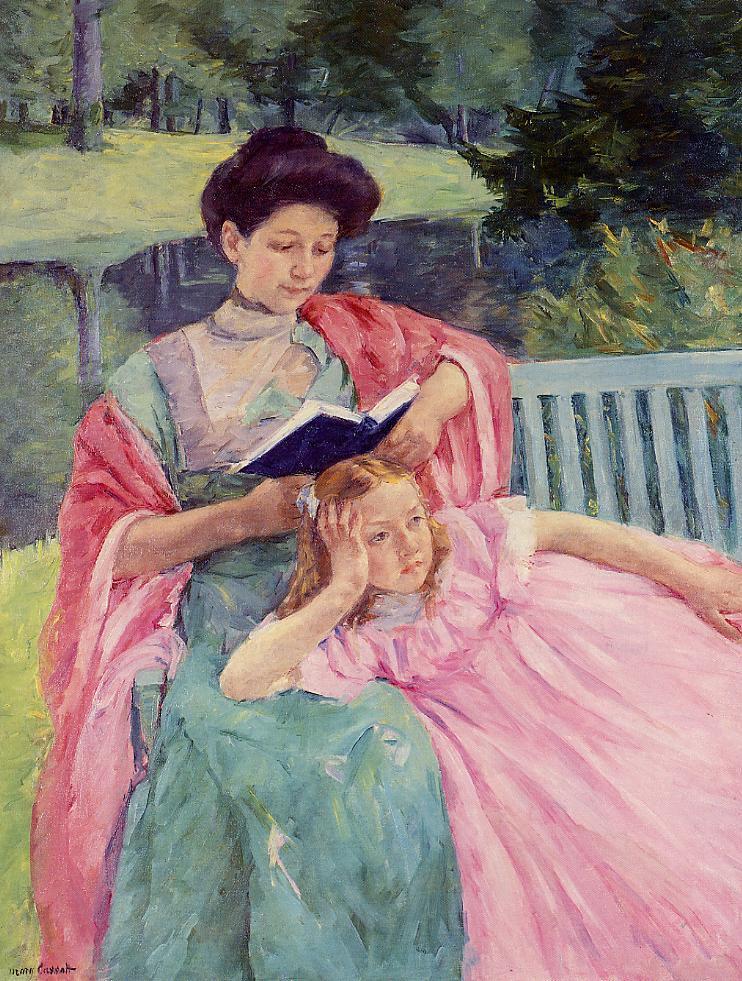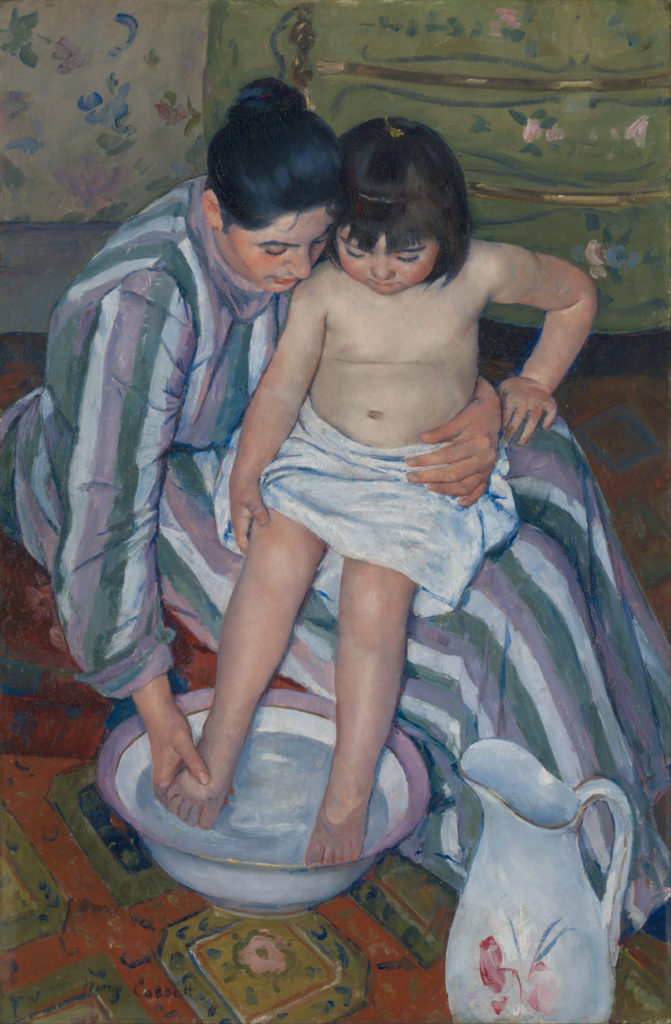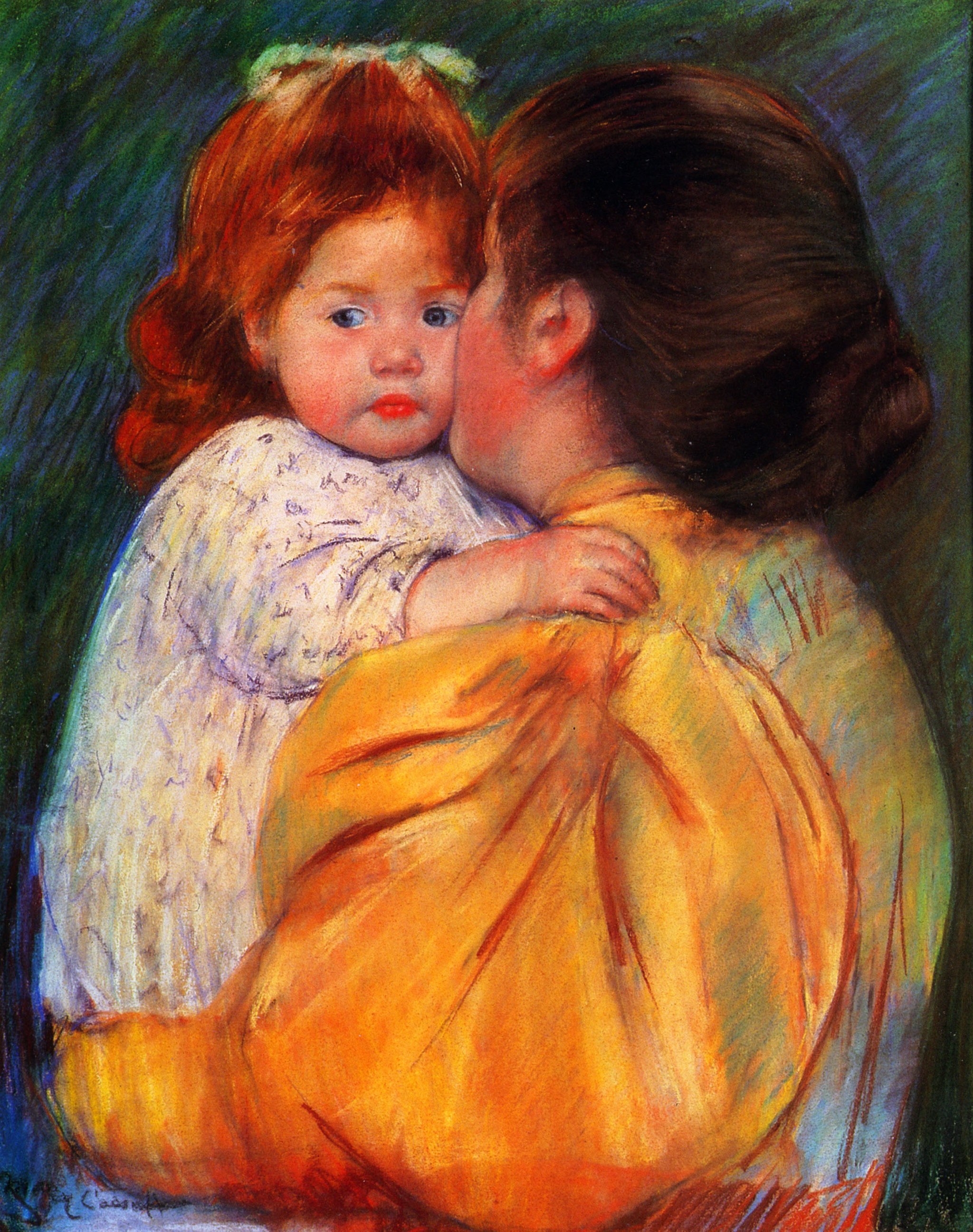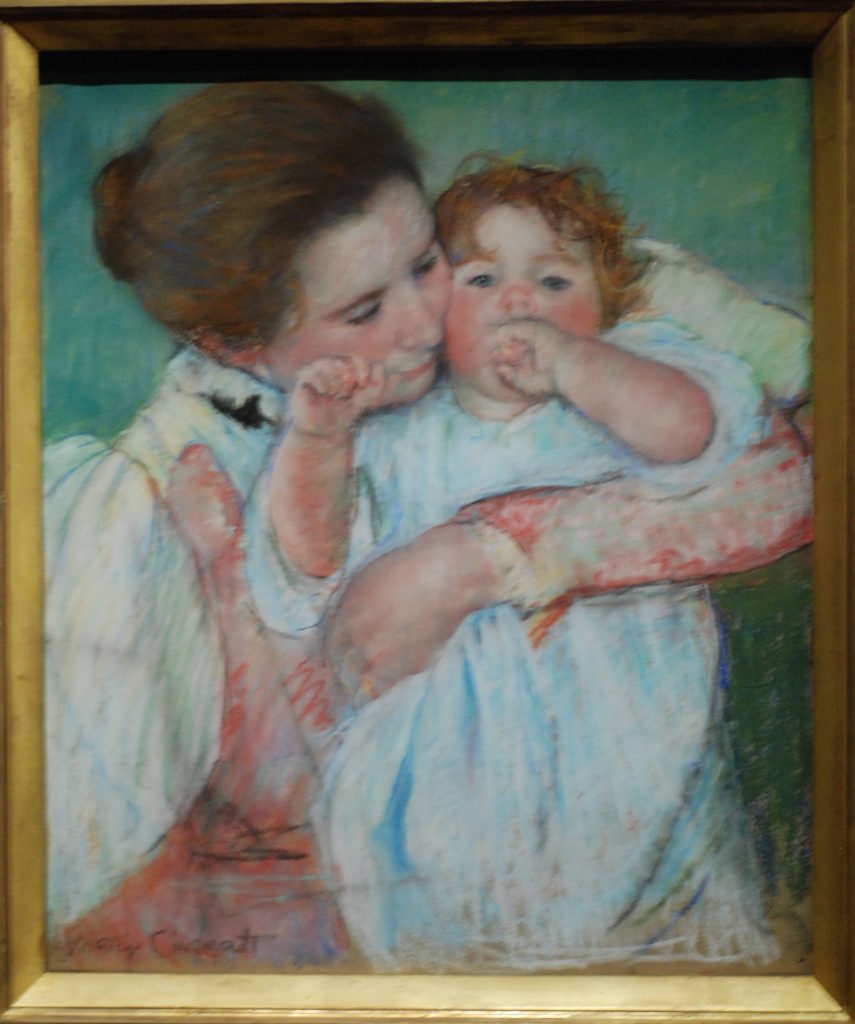Corso di Pefezionamento e Aggiornamento Professionale – Educazione etica e affettiva
Philosophy and Politics of Care
May 16–17, 2024 in Verona, Italy
Center of Philosophy
for Care
What is Melete?
Melete is a Center of Philosophy for Care that originates from the experience acquired by a group of researchers coordinated by Professor Luigina Mortari at the Department of Human Sciences at the University of Verona.
Mission
The research makes sense only if it is oriented to improve people’s life, fostering social and cultural transformations. This is the belief that inspires the birth of Melete. A research that starts from a simple intellectual curiosity, without the will to answer to the real necessities of the current time, is a research that is not engaged from an ethical, political and social point of view. The research developed by the Center is participative, because it actively involves the community in which it takes place, transformative, because it aims to improve the quality of life of the contexts in which it occurs and of service, because it means to contribute to the fostering of the common good.
Vision
Melete is a Center for the ethical research in the field of care in educative, healthcare and social areas. In face of the ethical disorientation, educational poorness and political bewilderment, the Center is engaged in the promotion and realization of participative researches, educational interventions and learning processes that, in the disclosed perspective of the ethic of care, can generate new cultures in contexts of primary value for life.
Aims
The main goals of Melete are:
- to promote methodologically rigorous paths of qualitative research in social, healthcare and educative contexts;
- to establish with the territory relationships and cooperation oriented to the principle of the participatory research;
- to encourage scientific cooperation of an interdisciplinary nature;
- to support the research for social purposes.
The services
The services offered by Melete concern:
- development of research projects in answer to the needs of healthcare and educative contexts:
- consulting service for the drafting of qualitative research designs;
- support in the various phases of the research (data collecting, data analysis, etc…);
- training for professional profiles of the healthcare and educational contexts;






